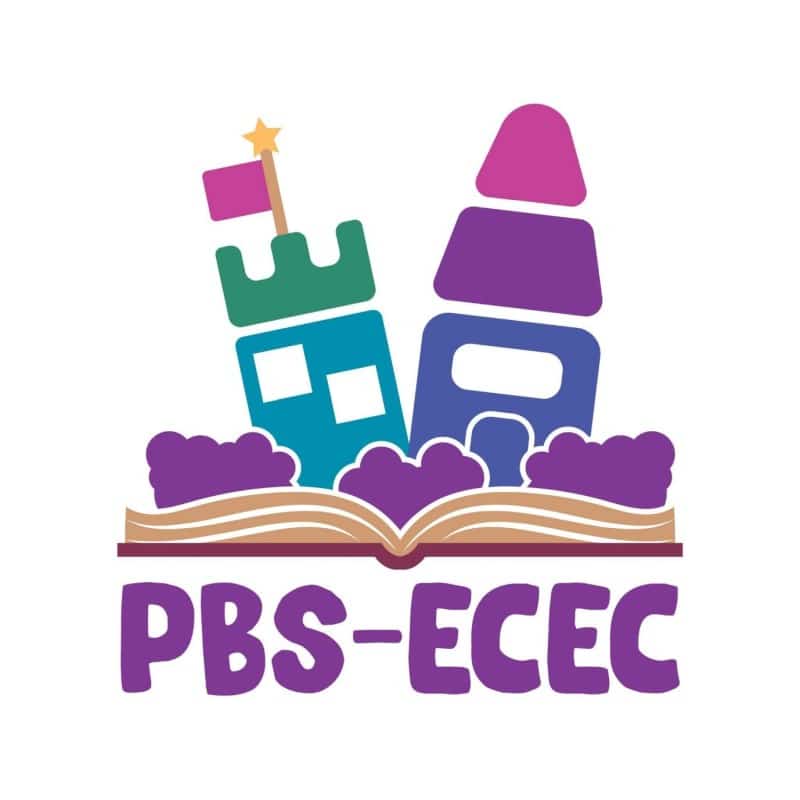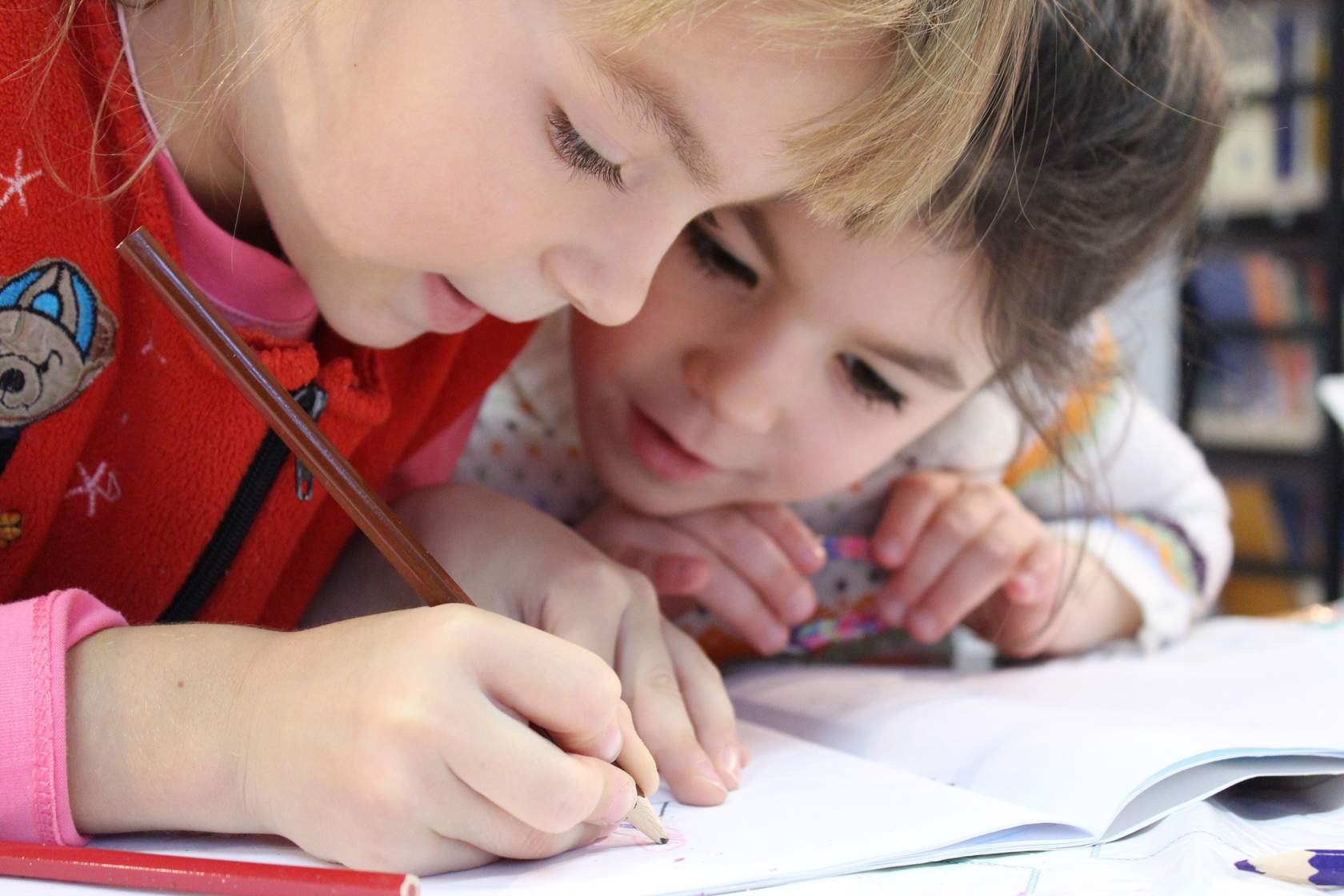PBS-ECEC
Implementing Positive Behaviour Support in Early Childhood Education and Care
Overview and Objectives
The need to create effective European schoolwide frameworks that promote social inclusion and academic engagement has been at the centre of several EU policy reports. The EU 2020 strategy gives high priority to strengthen educators’ profession, prevent early school leaving and promote social inclusion. Empirical research shows that when School Wide Positive Behaviour Support (SWPBS) is implemented systematically and with fidelity for at least 2-3 consecutive years, behavioural problems decrease (20 – 60%), student achievement improves, school climate becomes more positive and safer among children and staff, bullying behaviour decreases, and student social competence improves (Barrett et al. 2008; Muscott et al., 2008). A transnational consortium of 5 partners from 4 EU countries, Portugal, Cyprus, Greece, Ireland, initiated the idea for the “PBS-ECEC: Implementing Positive Behaviour Support in Early Childhood Education and Care” project after conducting relevant research, participating in conferences and discussions with local, national, and European stakeholders. Partners report that success of early childhood education and care setting as an effective inclusive learning environment rests in part on establishing a social context that promotes and supports positive relationships between educators and children, student socio-emotional competence and academic engagement for all. The project will serve the basic need of all partners and their respective target groups to effectively address behavior problems from the very early years of children’s education, by building learners’ socioemotional competence to learn in a socially inclusive environment.
The specific objectives of the project are:
- Training school-based teams to deliver key elements of SWPBS to staff and children;
- Producing educator training manuals to teach children schoolwide social expectations;
- Developing a web-based space to disseminate project activities for effective communication, use and sustainability among consortium partners and others.
Activities/Outputs
Through collaboration between ECEC centres and academic institutions in Europe, PBS-ECEC focuses on applying a program-wide approach to promote children’s socioemotional competence. Specifically, the project will examine the design and implementation of PW-PBS across ECEC settings, with specific emphasis on: (a) training centre-based teams to deliver key elements of PW-PBS to the other professional of the centres; (b) producing educator training manuals regarding the evidence-based practices to develop socioemotional competence and to respond to challenging behaviour, and (c) developing a web-based space to disseminate project activities for effective communication, use and sustainability among consortium partners and others.
Impact
The project outcomes will have multiple benefits in early childhood education and beyond. It will operate as a preventative means of children’s school failure and problem behaviours. The project results will strengthen teacher education and training, and provide evidence-based practices for promoting socioemotional development in ECEC, a crucial dimension in child development and wellbeing, and a transversal domain in all partner countries. By equipping early childhood teachers with skills as the above mentioned, it is anticipated a boost of their professional development and their well-being. In line with the partners’ work and objectives, the project will support them to expand their knowledge and skills in this topic, improve their capacities to learn, collaborate, and better serve their target groups in their respective countries. The project results will be shared with a wide audience, be freely accessible, and, specifically, equip the teachers with the necessary competences to apply SWPBS to build inclusive ECEC that promote key socioemotional competence. The results of this project will ensure a free and accessible way to gain knowledge and skills surrounding positive behavioural interventions and support for all early childhood providers in the country and beyond.
Partners
The project team involves institutions across four European countries including: Instituto Politécnico do Porto (Portugal), Centre for Advancement of Research and Development in Educational Technology (Cyprus), International Hellenic University (Greece), Institute of Child Education and Psychology Europe (Ireland) and Institute of Development (Cyprus).
Funding
This project is funded under the Erasmus+ Strategic Partnership Initiative.


-
Project Duration
2022-2024
-
Email for project contact
Aleksandra Szproch (Researcher, ICEP Europe)
[email protected]
-
Project Website:





